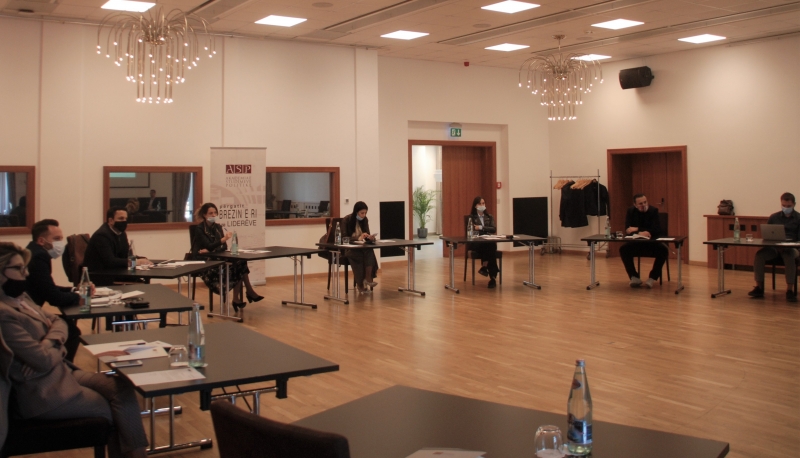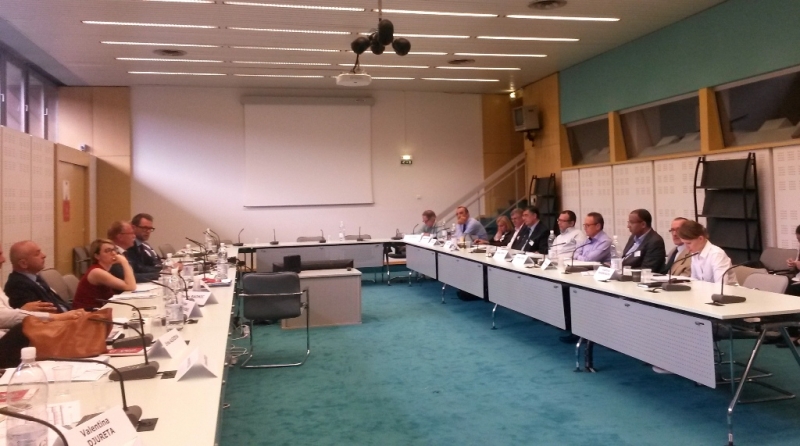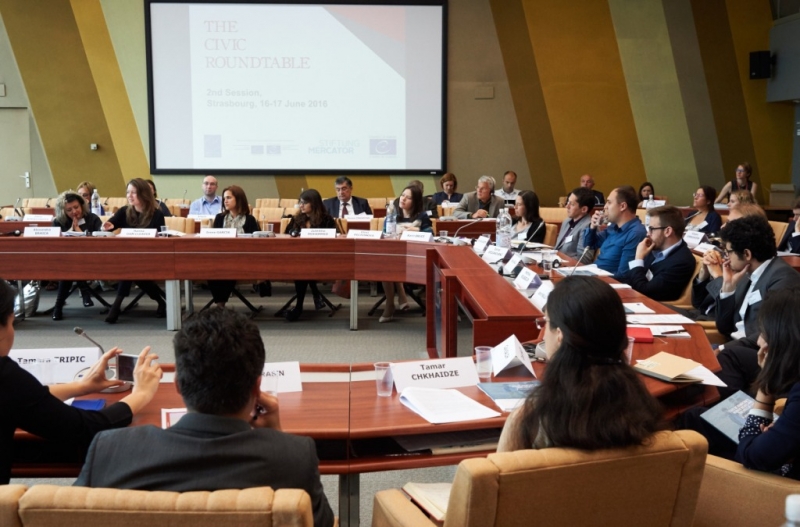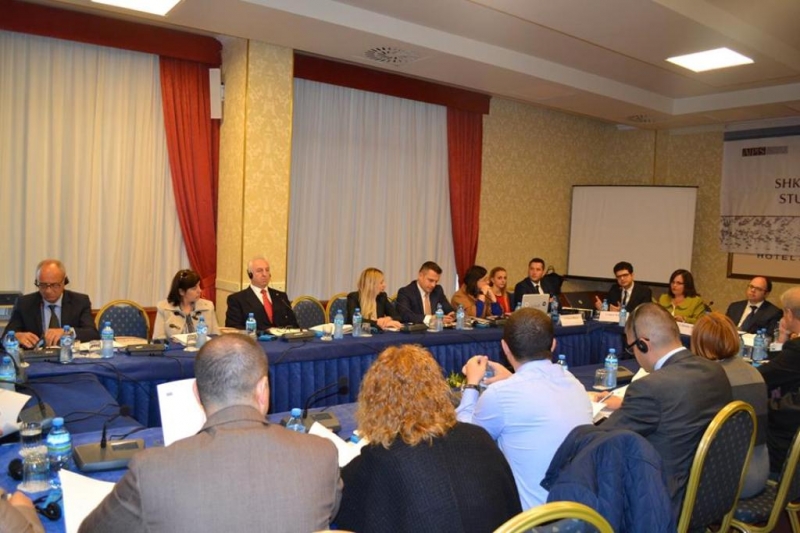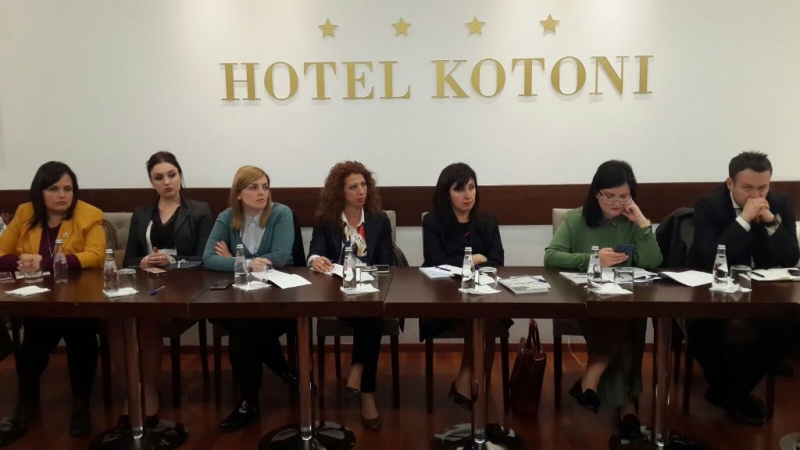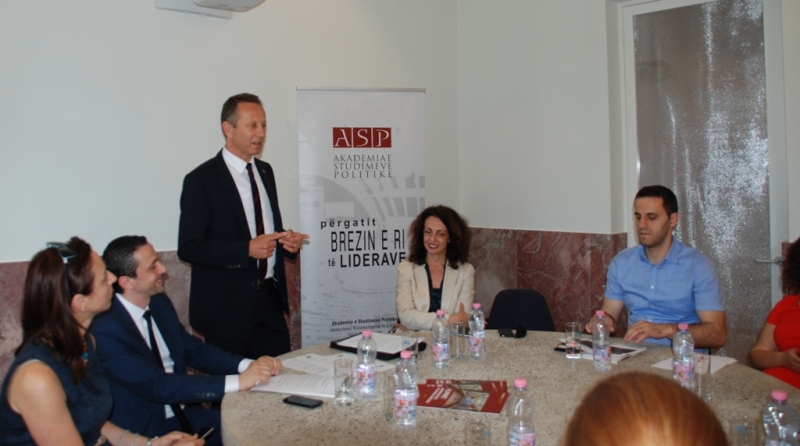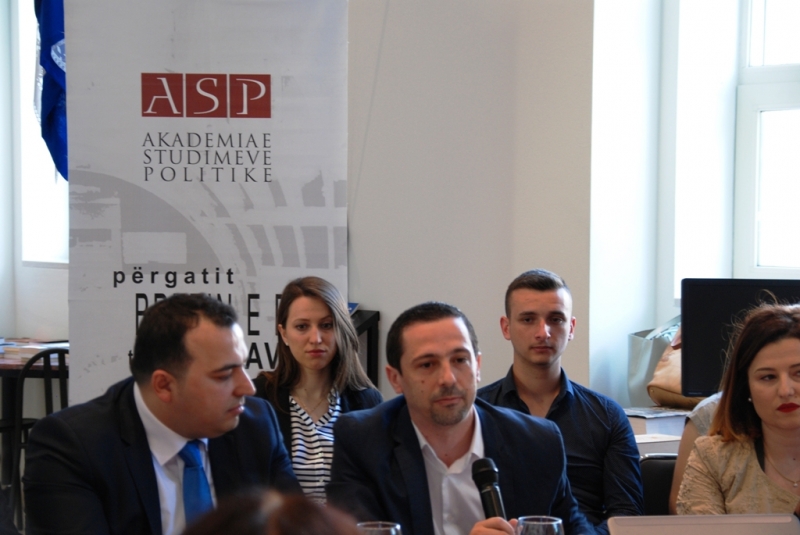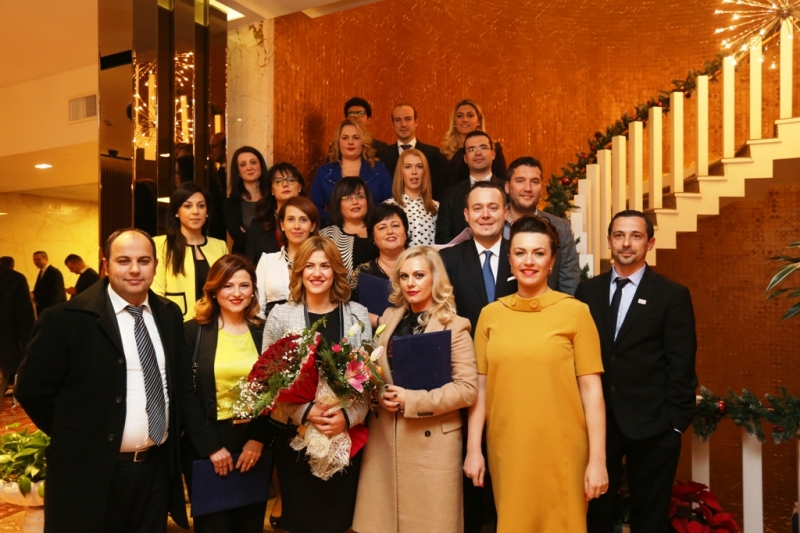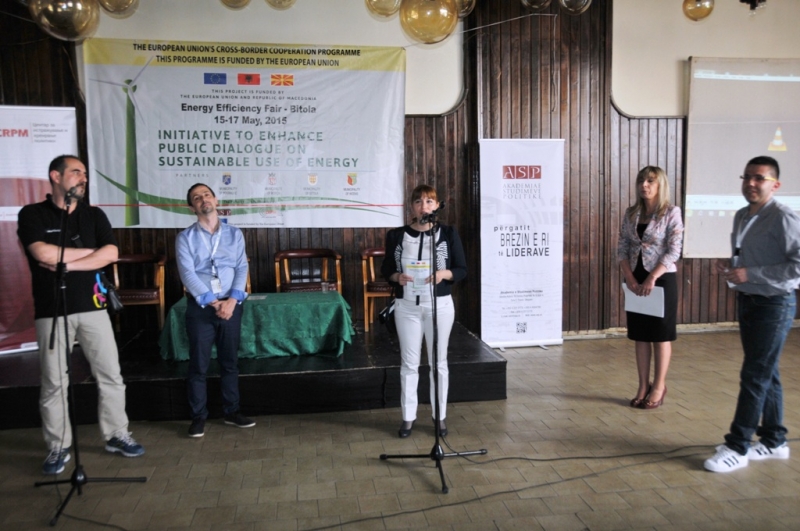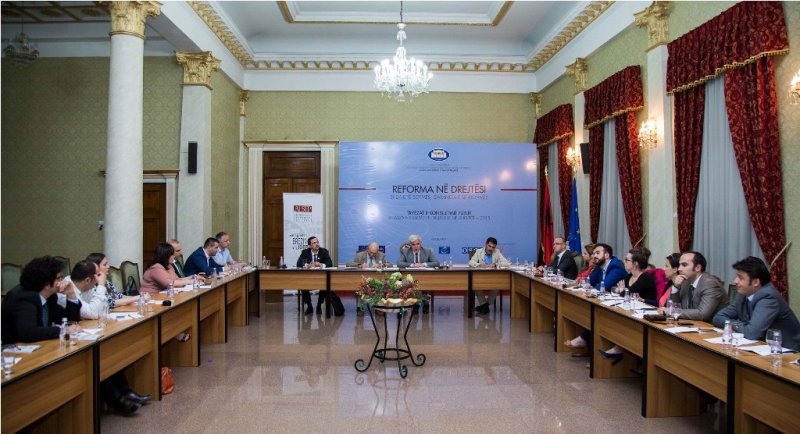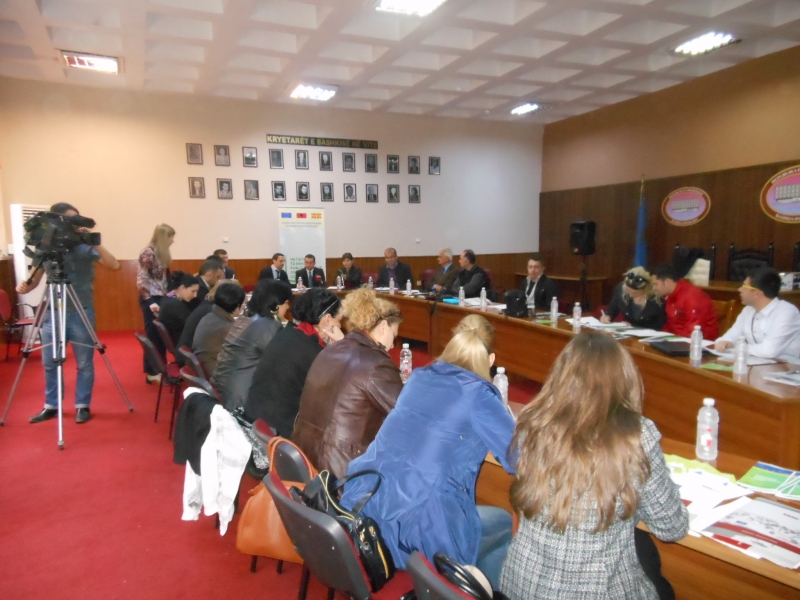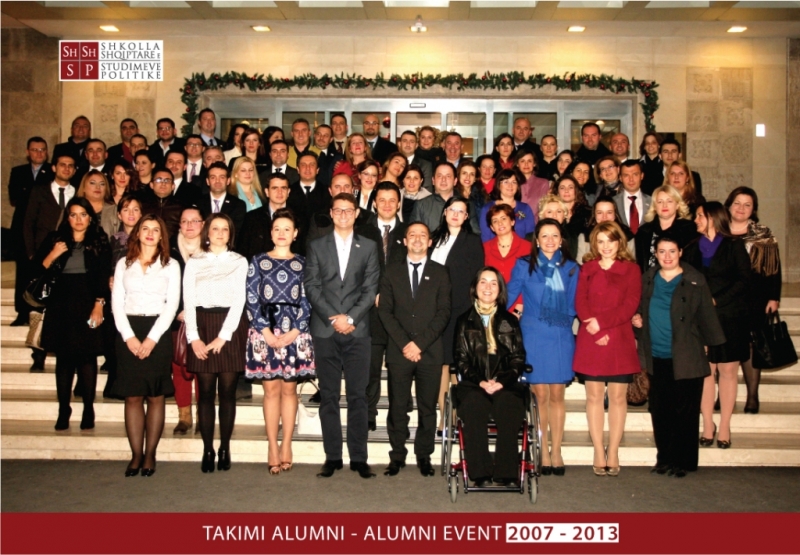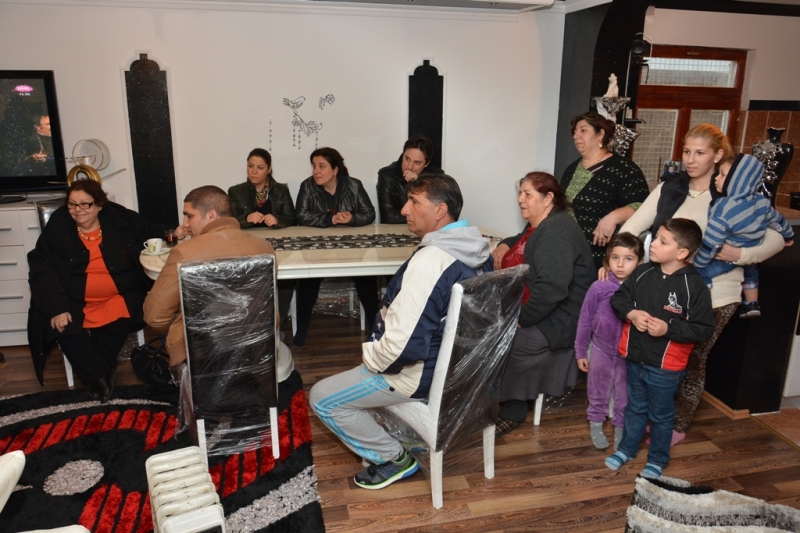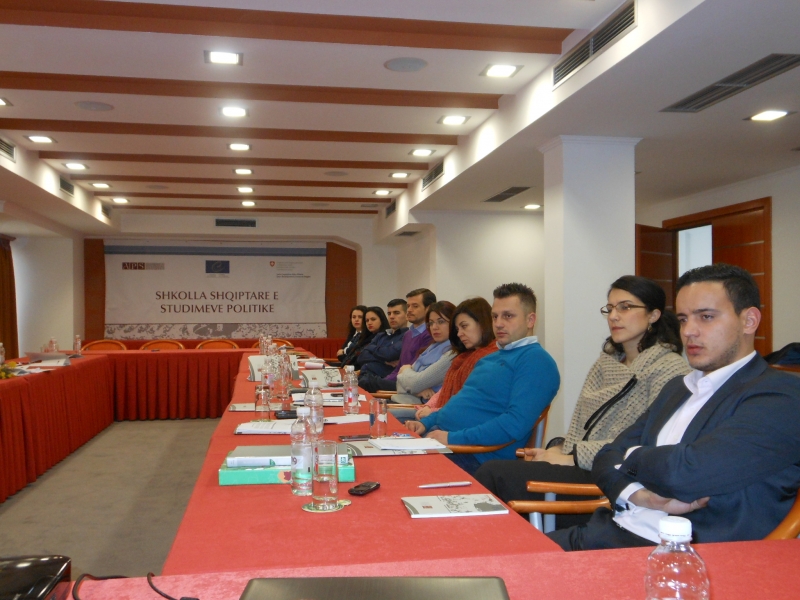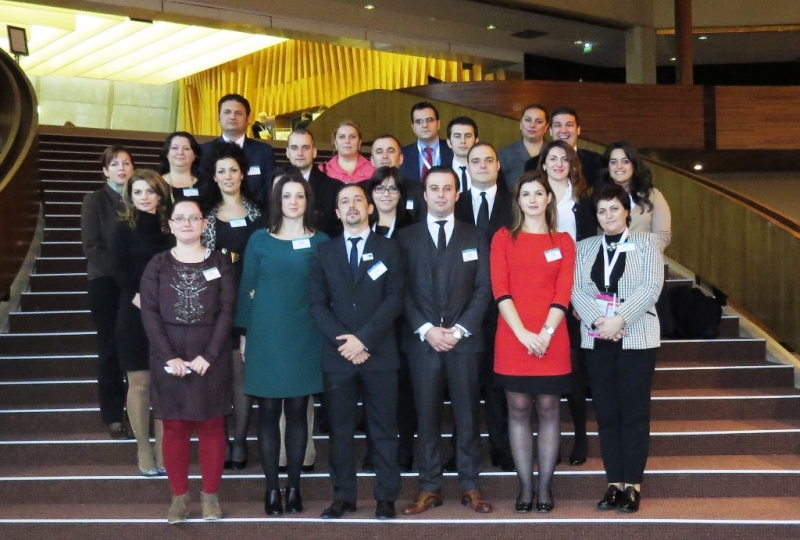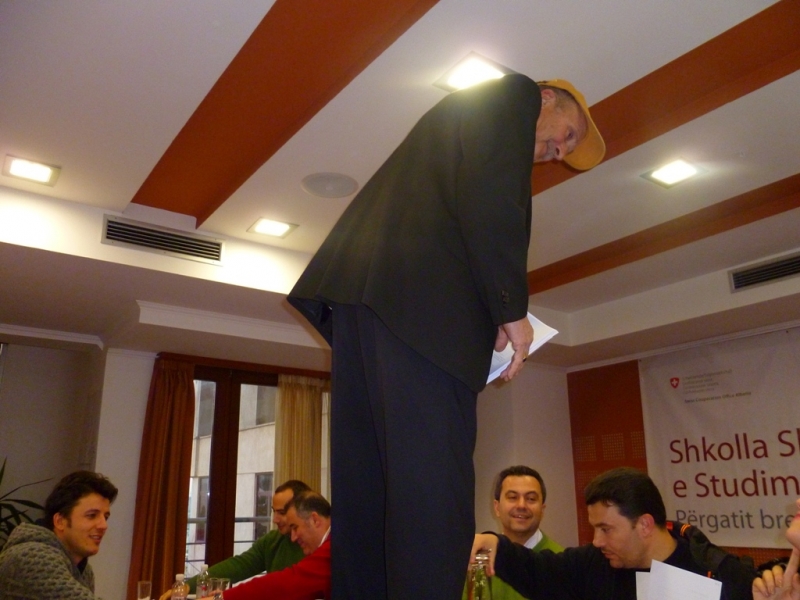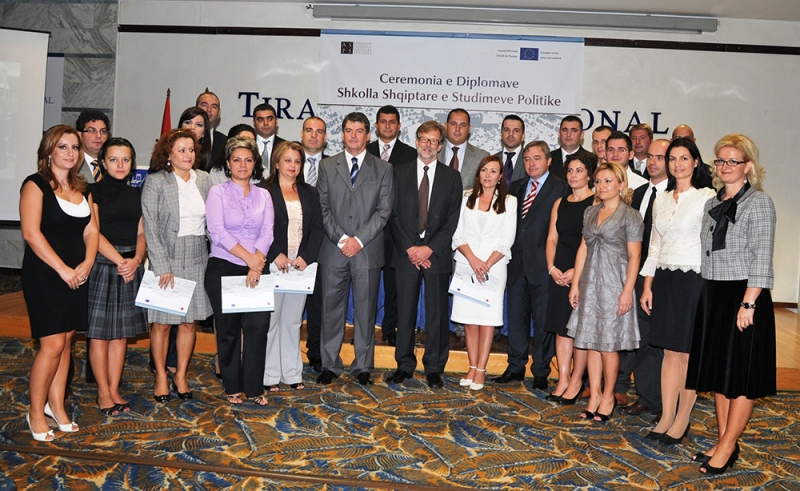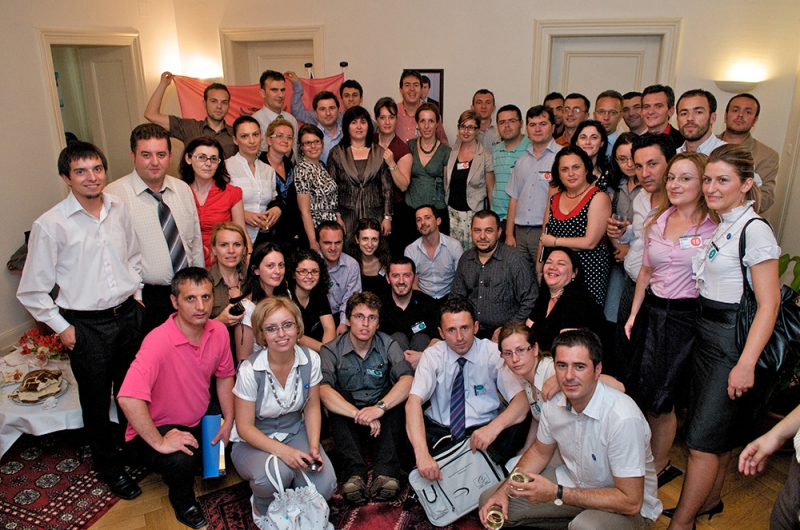Friday, February 23, 2024

Strasbourg - The Association of Schools of Political Studies of the Council of Europe (ASPS), meeting two years on from Russia’s full-scale invasion of Ukraine, voiced outrage at the death of Russian opposition leader Alexei Navalny who was being unjustly held in prison on bogus politically motivated charges.
The ASPS which groups political scientists from Europe, Africa and Central Asia called on Russia to allow an independent international investigation into Navalny’s “sudden” death.
It recalled that the European Court of Human Rights (ECHR) had condemned Russia for failing to carry out a proper judicial investigation into the allegations that in 2020 Navalny had been poisoned for political reasons.
Navalny, one of the only figures who could mobilise grass-roots protest across Russia joins the long list of other victims of Putin’s murderous repression including Anna Politkovskaya, Alexander Litvinenko, Boris Berezovsky, Boris Nemtsov, Sergei Skripal and many others.
Disgraced President Vladimir Putin, against whom the International Criminal Court has issued an arrest warrant for deporting Ukrainian children, was clearly, directly or indirectly, responsible for Navalny’s death since his henchmen had for years been persecuting, tormenting, and even poisoning his arch opponent, the ASPS said
Like Putin’s barbaric invasion of Ukraine, Navalny's death in custody demonstrated the ever deepening human rights crisis in Russia and the Kremlin’s contempt for European values and its total disregard for a series of ECHR rulings in Navalny’s favour.
The Strasbourg-based Association called for the release of all political prisoners including those held when paying tribute to Alexei Navalny and reiterated that the Russian authorities should be held accountable for his death.
In conclusion the ASPS said Navalny’s death and Putin’s desire to crush human rights activists and eradicate all critical voices should be a wake-up call for any who doubted the brutal nature of Russia's dictatorship or the need to support Ukraine in its fight against a ruthless enemy and its shameless megalomaniac leader.
NOTES FOR EDITORS
The Association of Schools of Political Studies (ASPS) was set up in July 2008 by the Directors of the Schools of Political Studies of the Council of Europe to play an enhanced role in the management of their programme, to strengthen links between the Schools and foster their activities.
The first School was set up in Moscow in 1992. Since then other Schools have been established in Albania, Armenia, Azerbaijan, Belarus, Bulgaria, Bosnia and Herzegovina, Croatia, Georgia, Greece, Kosovo, Moldova, North Macedonia, Montenegro, Morocco, Poland, Romania, Serbia, , Tunisia, Turkey and Ukraine.
Associate members of the ASPS include Political Studies establishments in Bishkek, Ljubljana and Yaoundé
Nils Muiznieks has been President of the ASPS since 2018. He is a former Latvian Minister for Social Integration and was the Council of Europe Commissioner for Human Rights from 2012 to 2018.













